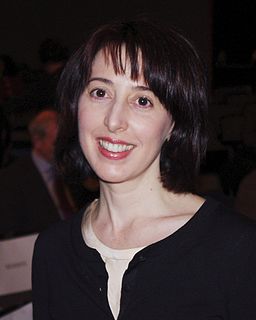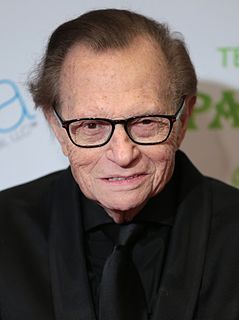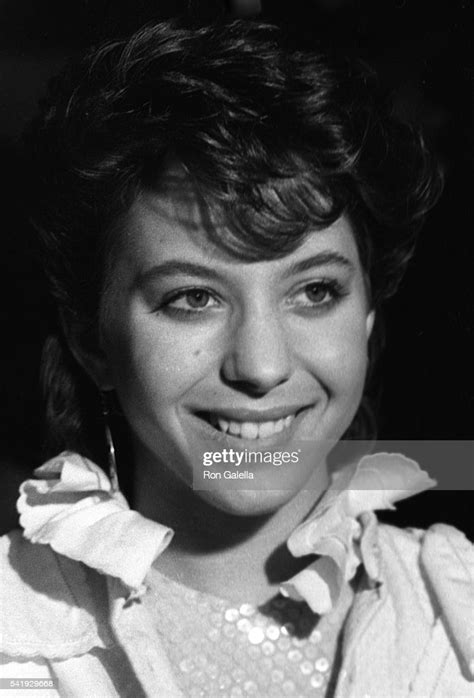A Quote by J. Michael Straczynski
There's a rule of writing: if everything is funny, nothing is funny; if everything is sad, nothing is sad. You want that contrast.
Related Quotes
Everything is a meaningless struggle against nothing and when people say that the world has become a better place that is a false development-optimism. Nothing exists which ever becomes better. Everything stays the same. Somehow, there is nothing. That is so sad. Nothing to come to. Everything is an illusion. A very sweet illusion.
I'm not offended. Lenny Bruce taught me that everything's funny. You can make everything funny. I don't think that assassinations are funny, I don't think you can make fun of ISIS, but almost everything is funny. And If we can't laugh at ourselves, who can we laugh at? So I don't mind ethnic humor. I like ethnic humor. I like dialect jokes. Laughter is a very subjective thing. If it's funny to you it's funny. And a lot of things are funny to me.




































